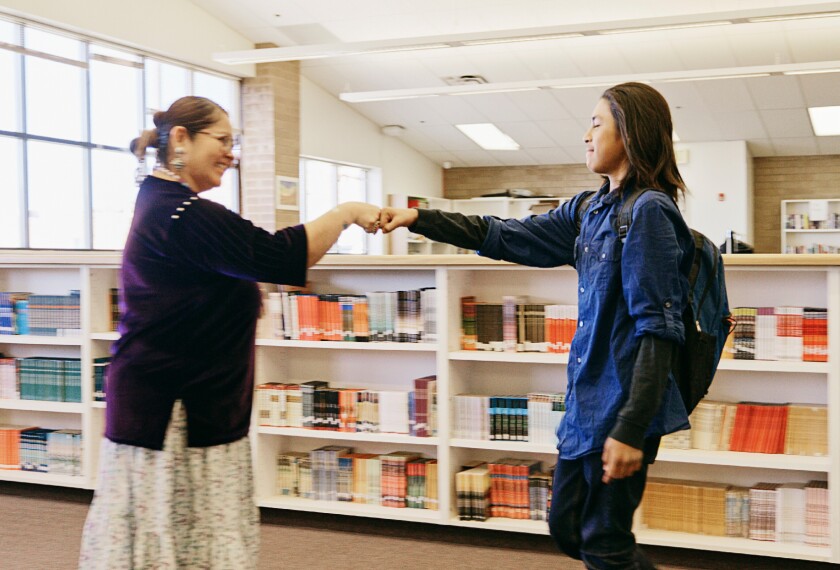At first glance, whenever we talk about technology in school, two extreme theories face each other . About the school in the pandemic-age and about distance learning, someone says that everything has changed and someone says that nothing has changed.
But as always, the truth is a little more complex.
Statistics speak to us of a generation “adrift”, for which the school is required to adapt, provided that the school has noticed these changes, which is legitimate to doubt (in the school do the teachers discuss about social changes? do they talk about learn-to-learn now?); on the other hand, schools that have moved in time (adaptation of infrastructures and internal training) are already able actually to make “educational” proposals (not just “instructive”) with the new tools.
The feeling is that 1-2 classes in higher school has short of breath! In fact, with the DAD in high school, the adolescents experienced school as an optional experience and upon returning a sort of mutual reckoning began: the school set up a path of crossfire and – after having “used” the politically correct reasons of the need for sociality and the importance of proxemics in teaching – has actually subjected the students to daily assignments (maybe the professional horizon of the teachers remains the scrutinies, sadly); but also the students have metaphorically put the teachers up against the wall, they are no longer even willing to cheat the school, they actually desert it.
The pandemic has therefore only worked as a highlight of a foretold educational terminus: even the high school must review its programs and focus on motivation, collaboration and competence. If it remains anchored to the scheme of contents and frontal methodologies, if the educational relationship is based on “whoever wins it over”, we risk having a sensational and perhaps incontrovertible disconnect with the generations of digital natives (from born in 2006 and beyond). The future of society is at stake.

